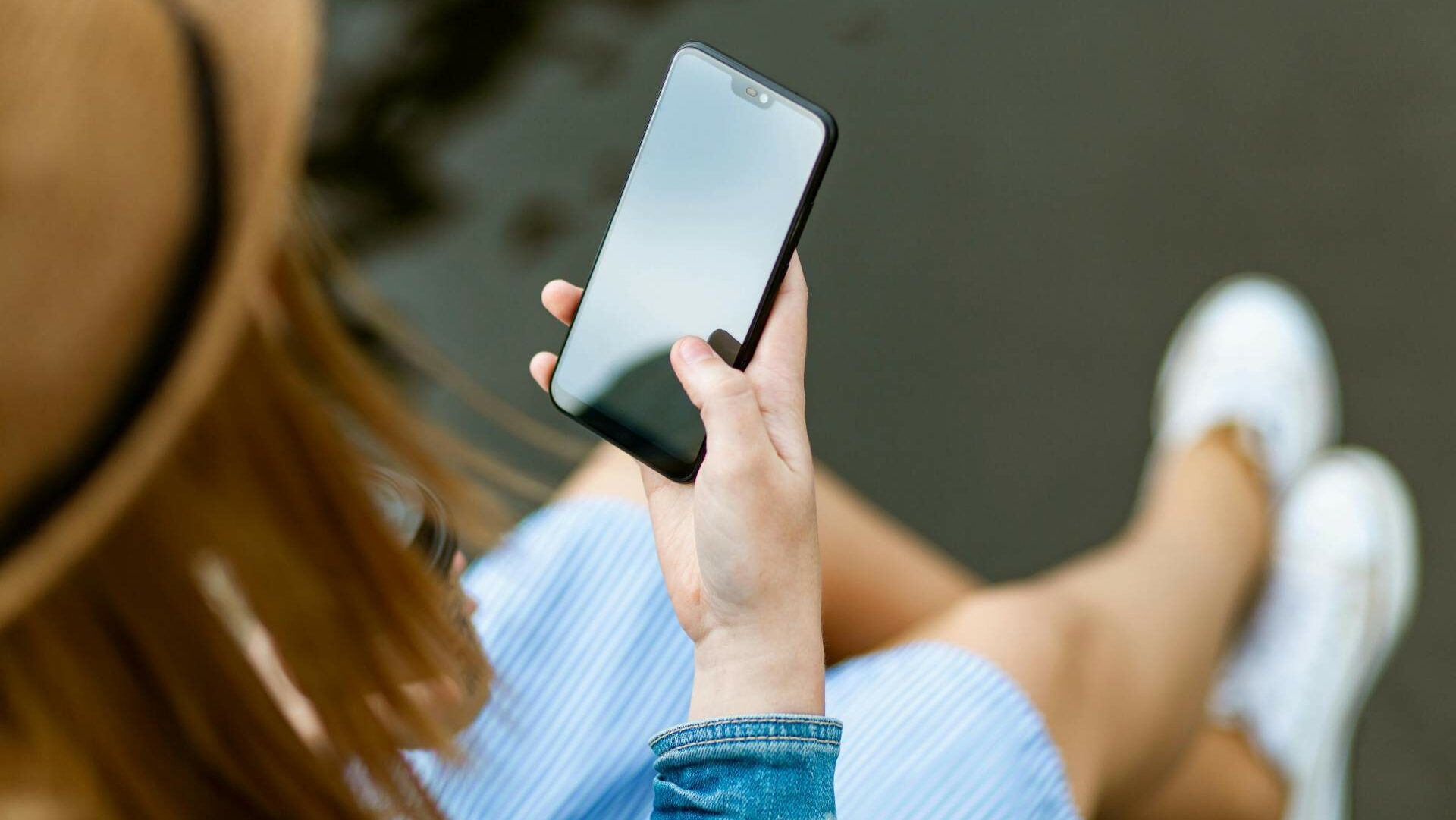A Nation on Screen: The Surge of Mobile Phone Use in British Daily Routines
In partnership with Link Juice Club
By Alex Ford

Mobile phones have become an inseparable part of everyday life in the UK, shaping the way people work, communicate, and spend their free time. With figures showing that 96% of the UK population owned a mobile phone in 2024, the country has reached a point where almost everyone is connected.
For newer generations, the reliance on smartphones is even more striking. Among 24-year-olds, usage has reached 100%, making them the most digitally connected age group. These figures highlight how the nation has shifted from mobile phones being a luxury to them becoming a necessity.
The Scale of Mobile Phone Adoption
The UK’s journey with mobile phones has been remarkable. Back in 2000, the number of subscribers was just over 43.5 million. By 2020, this number had risen to 79 million, and it has continued to grow since then. At the end of 2023, there were 84.3 million active subscriptions, climbing further to 88.9 million by late 2024.
Interestingly, the number of connections now exceeds the population, standing at 127% at the start of 2025. This figure is not a statistical error but instead reflects how many people hold more than one connection, such as a work device alongside a personal phone.
Although 2025 saw a slight decline of around 68,000 connections compared to early 2024, the long-term trend shows how deeply mobile phones are embedded in the daily lives of British residents.
Generational Differences in Usage
The spread of mobile use is not equal across all ages, but the gap is closing. Every adult owns a smartphone, while among people aged 55 to 64, adoption has reached 93%. Even among those aged 65 and older, more than three-quarters (77%) now use smartphones.
This change is significant when compared to the early 2010s. In 2012, only 3% of the 65+ age group had smartphones, while today the number has surged. These older users may not rely on their devices as heavily as the newer generations, but they are increasingly using mobile technology for online banking, healthcare appointments, and keeping in touch with family.
The Rising Cost of Mobile Connectivity
Owning a mobile phone is not just about access to technology; it is also about affordability. Contract prices vary depending on the device, and some of the newest models come at a premium.
For instance, Google’s Pixel 9 Pro Fold has an average monthly contract cost of £65.40, making it the most expensive option on the UK market. The Samsung Galaxy Z Fold 6 follows closely with an average monthly cost of £62. Both phones represent a shift toward high-end, foldable technology that comes with premium price tags.
Although these devices sit at the top end of the market, many UK residents opt for more affordable contracts, balancing the need for modern features with budget considerations. With the rising cost of living, contract choices often reflect financial priorities, especially as mobile phones are no longer optional.
Why Mobile Phones Dominate Daily Routines
Smartphones have evolved far beyond their original purpose as communication tools, becoming central to how people in the UK spend their time and manage daily tasks. Two areas highlight this shift especially well: the rise of online gaming, which has turned mobile devices into platforms for social interaction and entertainment, and the growth of e-commerce, where shopping habits increasingly revolve around the convenience of a handheld screen.
Online Gaming and Broader Mobile Habits
Gaming on mobile devices goes beyond passing time. For many users, it has become a form of social engagement, as multiplayer and community-based games allow people to interact in real time.
In Britain, this has meant that gaming is no longer just associated with consoles or PCs. Instead, mobile phones provide instant access to experiences that were once limited to other platforms.
The appeal of smartphone gaming is tied to accessibility. Players can start a session during a commute, while waiting for an appointment, or in the comfort of their homes. This flexibility has blurred the line between quick entertainment and dedicated leisure activities. Mobile devices have effectively turned every pocket into a gaming hub, whether through casino games, strategy titles, or story-driven adventures.
E-Commerce on the Move
Shopping has undergone a dramatic transformation thanks to mobile phones. Instead of heading to the high street, many people now browse and buy directly from their devices. Retail apps and mobile-friendly websites make it easy to compare prices, check reviews, and complete purchases within minutes.
This shift has changed consumer habits, with flash sales, quick delivery options, and personalized recommendations becoming part of the daily routine. Mobile payment solutions such as digital wallets and contactless checkout further support this trend by removing barriers at the point of purchase.
The UK as a Mobile-First Society
The combination of high adoption rates, expanding subscription numbers, and widespread use across different age groups paints a picture of a mobile-first society.
Mobile phones are no longer secondary devices; they are primary tools for living, working, and relaxing. The UK’s experience reflects how quickly digital habits can reshape an entire culture, making smartphones the defining technology of modern life.
